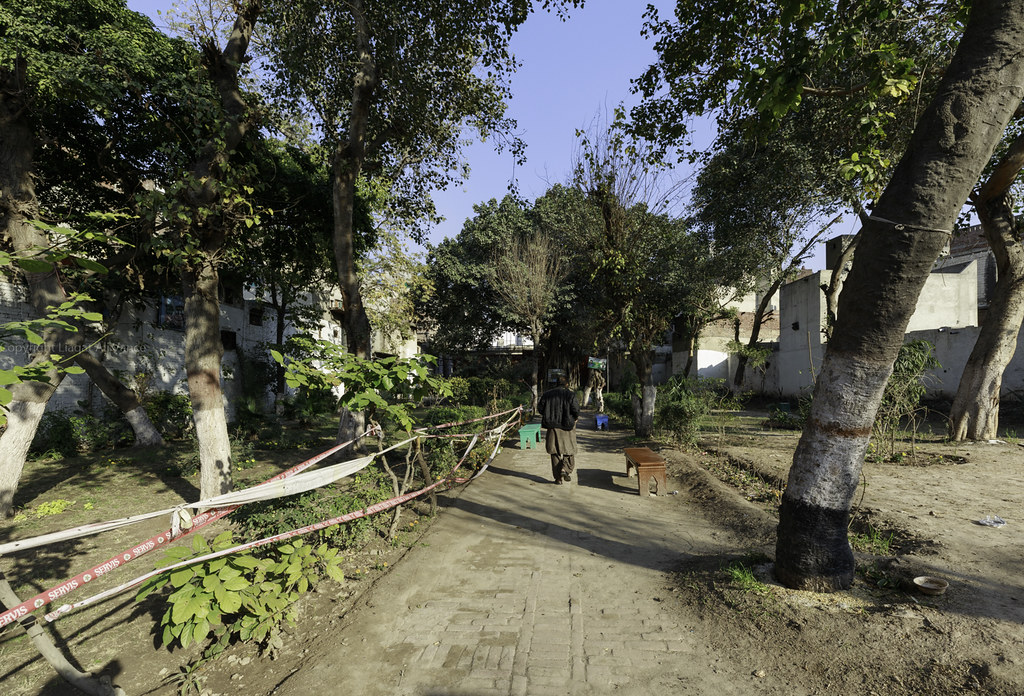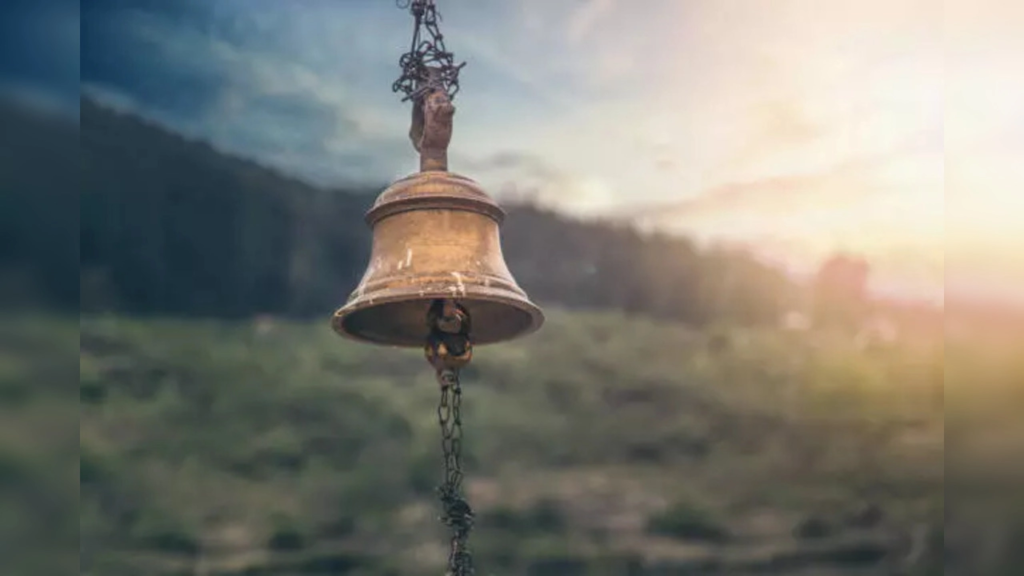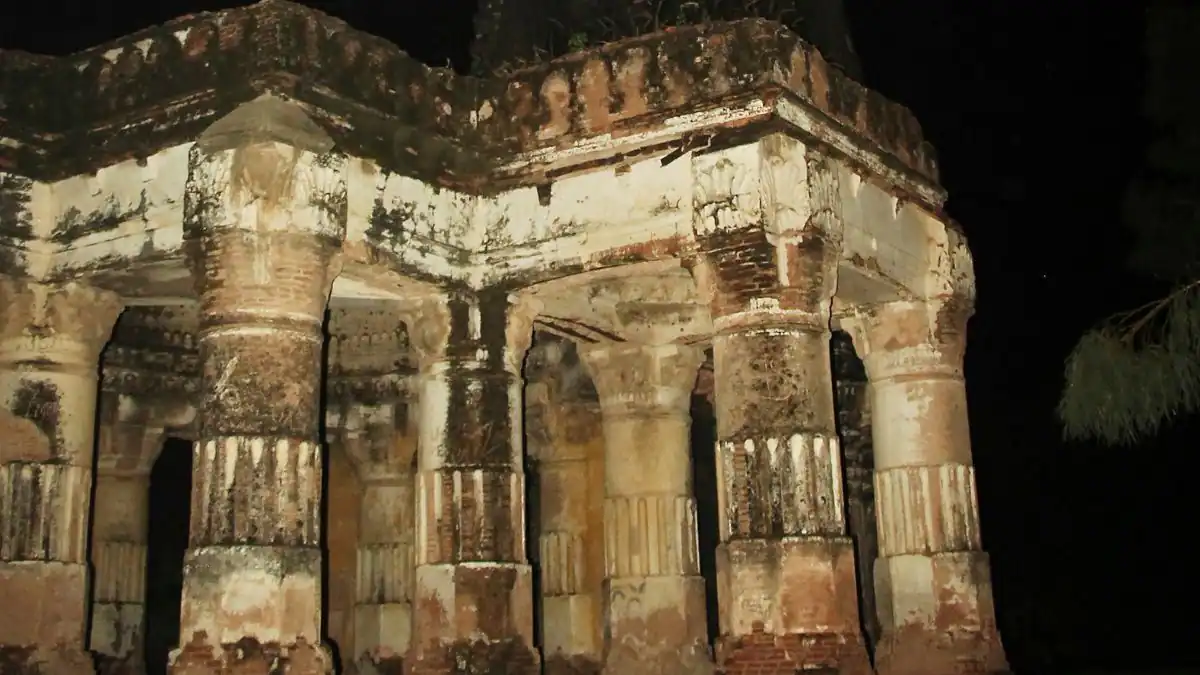In a significant move towards inclusivity and the recognition of minority rights, Pakistan has announced the allocation of one crore Pakistani rupees to reconstruct the Baoli Sahib Hindu temple in Zafarwal, Punjab province. This initiative marks the first phase of a restoration project that comes 64 years after the temple was rendered non-functional.
The reconstruction of Baoli Sahib is not just a physical restoration; it symbolizes a broader commitment to acknowledging and supporting the rights of minority communities in Pakistan. This blog delves into the historical context of the temple, the current efforts for its restoration, and the implications of this development for the Hindu community in Pakistan.
The Historical Context of Baoli Sahib Temple
The Baoli Sahib temple holds historical significance as a place of worship for Hindus in the Narowal district of Punjab. Built many decades ago, the temple served as a vital spiritual hub for the local Hindu community. However, like many religious sites in Pakistan, the temple faced neglect and abandonment following the partition of India in 1947. The communal tensions and subsequent migration led to a decline in the Hindu population in various regions, including Punjab.
Read : Jaishankar’s Pakistan Visit Isn’t Sitting Well in China
By 1960, the temple ceased operations and fell into disrepair, leaving the local Hindu community without a dedicated place for worship. The closure of the temple meant that Hindus in the area had to travel to distant cities like Sialkot and Lahore to conduct their religious rituals.
This lack of accessibility not only disrupted their spiritual practices but also contributed to a sense of alienation within the community. The Baoli Sahib temple’s deterioration was emblematic of the broader challenges faced by minority groups in Pakistan, where issues of representation and recognition continue to be pressing concerns.
Over the years, the Pak Dharamsthan Committee has tirelessly advocated for the restoration of Baoli Sahib temple, recognizing its importance in preserving the cultural and religious identity of Hindus in the region.
The committee’s efforts were fueled by a deep-seated desire to reclaim a space that had once held immense significance for the community. The restoration initiative represents a crucial step toward revitalizing this historical site and fostering a sense of belonging among Narowal’s Hindu population.
Restoration Efforts and Community Involvement
The reconstruction of the Baoli Sahib temple is being overseen by the Evacuee Trust Property Board (ETPB), which is responsible for managing the properties of minority communities in Pakistan.
The allocation of one crore Pakistani rupees for the project is a testament to the government’s commitment to addressing the needs of minority religious groups. This first phase of restoration includes essential construction work, including building a boundary wall around the four-kanal plot where the temple is located.
Key figures, such as Shoaib Siddal, chairman of the One Man Commission of the Supreme Court, and Manzoor Masih, member of the National Commission of Human Rights, have played instrumental roles in advocating for the temple’s restoration.
Their involvement highlights the collaborative efforts between government officials and civil society to address the rights of religious minorities in Pakistan. The restoration of Baoli Sahib temple is not merely a government project; it is a community-driven initiative that seeks to fulfill a long-standing demand of the Hindu community.

Sawan Chand, president of the Pak Dharamsthan Committee, has expressed the significance of this restoration for the local Hindu population. He stated that the temple’s reconstruction would provide a long-awaited space for the community to perform their religious rituals and celebrate their cultural heritage.
The project aims to empower the Hindu community in Narowal, providing them with a sanctuary for worship and fostering a sense of unity among community members.
As the construction progresses, the local Hindu community is actively involved in the restoration efforts, lending their support and participation to ensure the temple’s revival reflects their cultural and religious values. This engagement is crucial for instilling a sense of ownership and pride among the community members, allowing them to reclaim their heritage and traditions.
Implications for Minority Rights and Religious Freedom
The restoration of Baoli Sahib temple carries profound implications for minority rights and religious freedom in Pakistan. It serves as a crucial step toward acknowledging the historical injustices faced by religious minorities and their right to practice their faith freely. The initiative reflects a growing awareness within Pakistan of the need to protect and promote the rights of all citizens, irrespective of their religious beliefs.
Hindus represent the largest minority in Pakistan, with official estimates placing their numbers at approximately 7.5 million. However, community leaders contend that the actual population exceeds 9 million, with a significant concentration in Sindh province.
While the majority of Hindus in Pakistan live peacefully alongside their Muslim counterparts, there have been instances of discrimination and marginalization, particularly in the wake of religious and political tensions. The restoration of Baoli Sahib temple can be viewed as a hopeful gesture towards bridging communal divides and fostering interfaith dialogue.

Furthermore, the initiative highlights the importance of governmental support for minority communities in maintaining their cultural and religious identities. The restoration project not only aims to reconstruct a physical space but also to restore dignity and pride to the Hindu community in Narowal. It sets a precedent for future initiatives that prioritize the rights of minorities and promote inclusive policies.
The Baoli Sahib temple’s reconstruction can inspire other minority groups in Pakistan to advocate for their rights and seek recognition for their cultural heritage. As communities observe the government’s commitment to restoring the temple, it may encourage a broader movement toward ensuring the protection of minority rights and the promotion of interfaith harmony in the country.
The allocation of one crore Pakistani rupees for the reconstruction of the Baoli Sahib Hindu temple in Zafarwal is a significant step toward addressing the historical neglect of minority religious sites in Pakistan. The restoration efforts, led by the Evacuee Trust Property Board in collaboration with community leaders and advocates, represent a collective commitment to recognizing and supporting the rights of the Hindu community in Narowal.
As the Baoli Sahib temple is revitalized, it will provide a much-needed space for worship and cultural expression, fostering a sense of belonging and community among Narowal’s Hindu population. The project is not only about rebuilding a temple; it symbolizes a broader commitment to inclusivity, interfaith dialogue, and the protection of minority rights in Pakistan.
The restoration of Baoli Sahib temple is a beacon of hope for the Hindu community and a reminder that efforts to promote religious freedom and equality are essential for building a more harmonious society. As the temple rises again, it will stand as a testament to the resilience of the Hindu community in Pakistan and their unwavering determination to preserve their cultural identity in the face of challenges.

